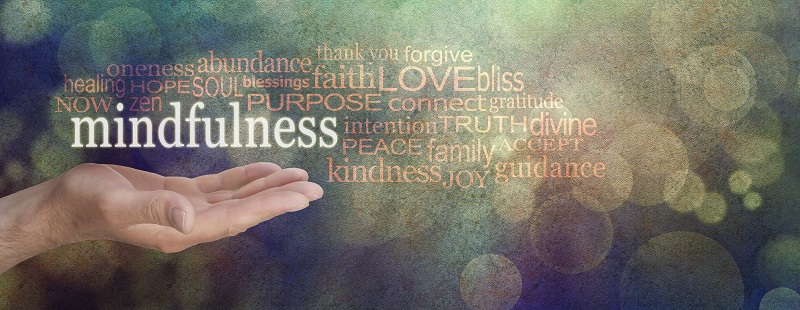Hey! How are you? Teacher wellbeing in the New Year
It is true that being a teacher is incredibly rewarding. There are few occupations that allow professionals to see the beauty of human development. However, it is also true that the job can be difficult, challenging and emotionally draining.

It is about this less discussed side of teaching that I want to talk about today. It is January and many of us are planning the New Year, whereas others are having a winter break and starting the second half of the school year. Either way, this time is when we usually look back and remember John Lennon’s lyrics ‘So this is Christmas, and what have you done?’ …
I had a chat with some friends who are also teachers and when I talked about the question in the song, the answer was ‘nothing, I just worked’. I promptly disagreed and reminded them that we don’t just ‘work’. In the simplest of the days, we touch and change so many lives, we teach language and culture, we act as counselors, we show we care, we look after students’ wellbeing … and well, that list soon becomes too long for a blog post! Teaching is no easy task and the number of professionals leaving the field has been making headlines for quite some time. Whereas teaching in general is among the most stressful jobs in the world, Golombek & Doran (2014) say that teaching language is a particularly emotionally demanding subject because of the strong focus on interpersonal relations and the integration of personally meaningful content and identities.
So, I’d like to propose a different question instead of the usual ‘What have you done?’ Let’s try ‘How are you?’. Take a moment and reflect back about how you have been looking after yourself. If you are not sure how to do it, then read on because I have some suggestions to help you improve your wellbeing.

Mindfulness
Mindfulness has become increasingly popular over the years. It can be defined in many ways including the ability to be fully present in the moment. Mindfulness has proven benefits that go from decreased stress and sadness to increased levels of focus and happiness.
To understand more about Mindfulness and how you can apply it to your life and classroom, read the English Teaching professional article Beating stress: mindfulness in the classroom and Not only, but also: mindfulness – recent blog posts by Chia Suan Chong.

STOPP – in the name of wellbeing
It is true that it is very difficult to stop negative feelings and thoughts, but you can certainly learn to deal with them. In the words of Professor Jon Kabat-Zinn ‘You can’t stop the waves, but you can learn to surf.’ It was Professor Jon Kabat-Zinn who created my last tip: the STOPP acronym.
S: Stop
- Just pause for a moment.
T: Take a Breath
- Notice your breathing as you breathe in and out.
O: Observe
- What thoughts are going through your mind right now?
- Where is your focus of attention?
- What are you reacting to?
- What sensations do you notice in your body?
P: Pull Back – Put in Some Perspective
- What’s the bigger picture?
- What is another way of looking at this situation?
- What would a trusted friend say to me right now?
- Is this thought a fact or an opinion?
- What is a more reasonable explanation?
- How important is this? How important will it be in 6 months’ time?
P: Practice What Works – Proceed
- What is the best thing to do right now? For me? For others? For the situation?
- What can I do that fits with my values?
- Do what will be effective and appropriate (Vivyan, 2015).

Look at the bright side
We often tend to focus on the negative aspects of life. Although this is normal behaviour, it is certainly not very helpful. So when you start feeling that everything is gloomy, try one small and positive activity every day such as:
- having a real good cup of coffee with a friend;
- binge-watching your favorite series;
- packing your favorite lunch in a nice container;
- going for a walk a focus on your breathing;
- putting on your headphones and listen to your favorite tunes;
- baking something for yourself and for other teachers;
- preparing your meals the night before so you can enjoy a couple more minutes in bed.
My intention with this post was definitely not to reinvent the wheel, but just to remind you of the little things you can do to improve your wellbeing. I hope you know how great and important you are. I also hope you really will look after yourself in the New Year.
Let’s help other teachers with suggestions to improve our wellbeing. Please share your thoughts, ideas and success stories with us in the comments.

Comments
Write a Comment
Comment Submitted